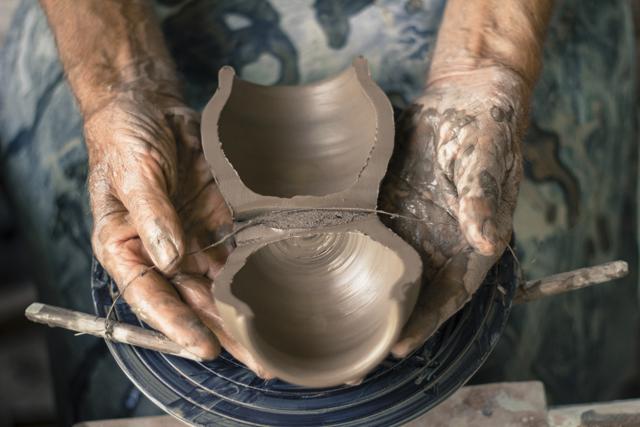Take a moment to think about how words said out of thoughtlessness can hurt
Too much political correctness can be a pain, but it’s worth being a little careful if it means one can escape the sin of unintentionally wounding others
It’s not just the word ‘rape’ that some people use flippantly. I’m taken aback when I hear ‘normal’ people say ‘spaz’ (spastic) scornfully if someone is butter-fingered or not-so-well coordinated. Our culture can be callous in the way people get labelled ‘langde’, ‘andhe’ and ‘goonge’.

Bollywood has done its share to perpetuate this mindset; it has made fun of disability for years. Who were the people who wrote those unkind scripts and who were the people who found those scenes funny? Dismayingly, many, even people who are so ‘sensitive’ otherwise, about things that hurt their notions of dignity, pride or self-image.
Too much political correctness may be a pain (how much is ‘too much’?) but it’s worth a thought, surely, to be a little more self-aware and escape the sin of unintentionally hurting others? People may pretend not to mind, and move on, because they don’t want to be drawn into exhausting cycles of reproof and defence, but they do mind. They mind very much.
However, I wonder if it’s right to blame the public entirely, given our conditioning. For instance, take an example from the epic: in my view, Draupadi is appallingly rude and disrespectful, calling Duryodhana the ‘blind son of a blind man’. Is that how a princess should talk? And as for the way a real person like the blind poet Surdas was treated, it doesn’t bear thinking about. How much we take for granted, that these cruel patterns of word and deed are still active in us.
Although several relationships in the Ramayana and Mahabharata set a brutally transactional norm that is out of sync with the modern Upanishad, our Constitution, we need not rush to condemn the epics wholesale as some do. The gods are part of our hard-wiring and we own our scriptures, we are free to interpret them in a modern, compassionate way instead of harping on the negative points. Examples like Dwarakadeesh’s hospitality to shabby, timid Sudama and Ram’s scrupulous correctness even to Meghnad and Ravan are the real take-home for our own dealings, in place of the foul-mouthed public behaviour that burns our ears today in every walk of life.
In particular, we could consider the example of Shiva, one of whose most dearly beloved epithets is ‘Asutosh’, meaning ‘Easily Pleased’. His lack of greed and his high tolerance and acceptance of frailty are in harmony with his other famous epithet, ‘Vaideeshwar’ or ‘Vaidyanath’, the ‘Lord of Healers’. His bhutas and ganas are social misfits who find honourable inclusion on Kailash. Snakes, feared and loathed across creation, find sanctuary and a place of honour on Shiva’s own neck and he is known in myth to be especially kind to the physically and emotionally challenged. Besides ‘aushadi’ and yoga, one of his healing therapies is music.
Bollywood has given us such wonderful music and so many memorable stories that it, too, has an epic duty to the people. It cannot avoid action and evade responsibility. Tell those gritty stories, Bollywood, but be nice, please, about those who cannot help an affliction or have suffered a wrong?
Catch your daily dose of Fashion, Taylor Swift, Health, Festivals, Travel, Relationship, Recipe and all the other Latest Lifestyle News on Hindustan Times Website and APPs.
Catch your daily dose of Fashion, Taylor Swift, Health, Festivals, Travel, Relationship, Recipe and all the other Latest Lifestyle News on Hindustan Times Website and APPs.





